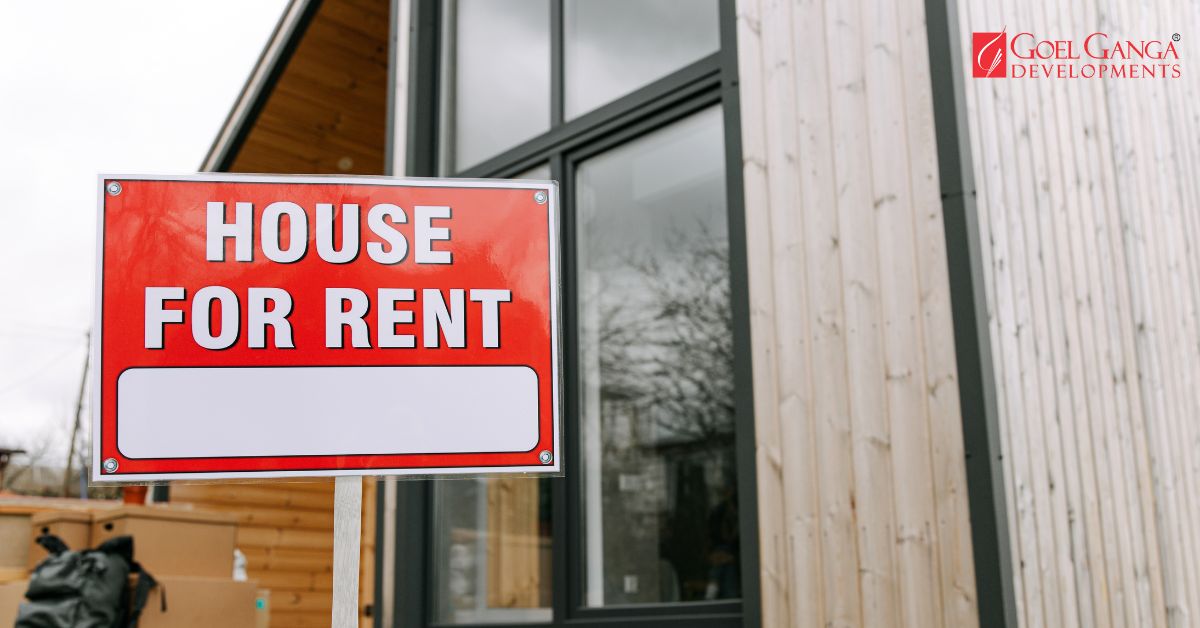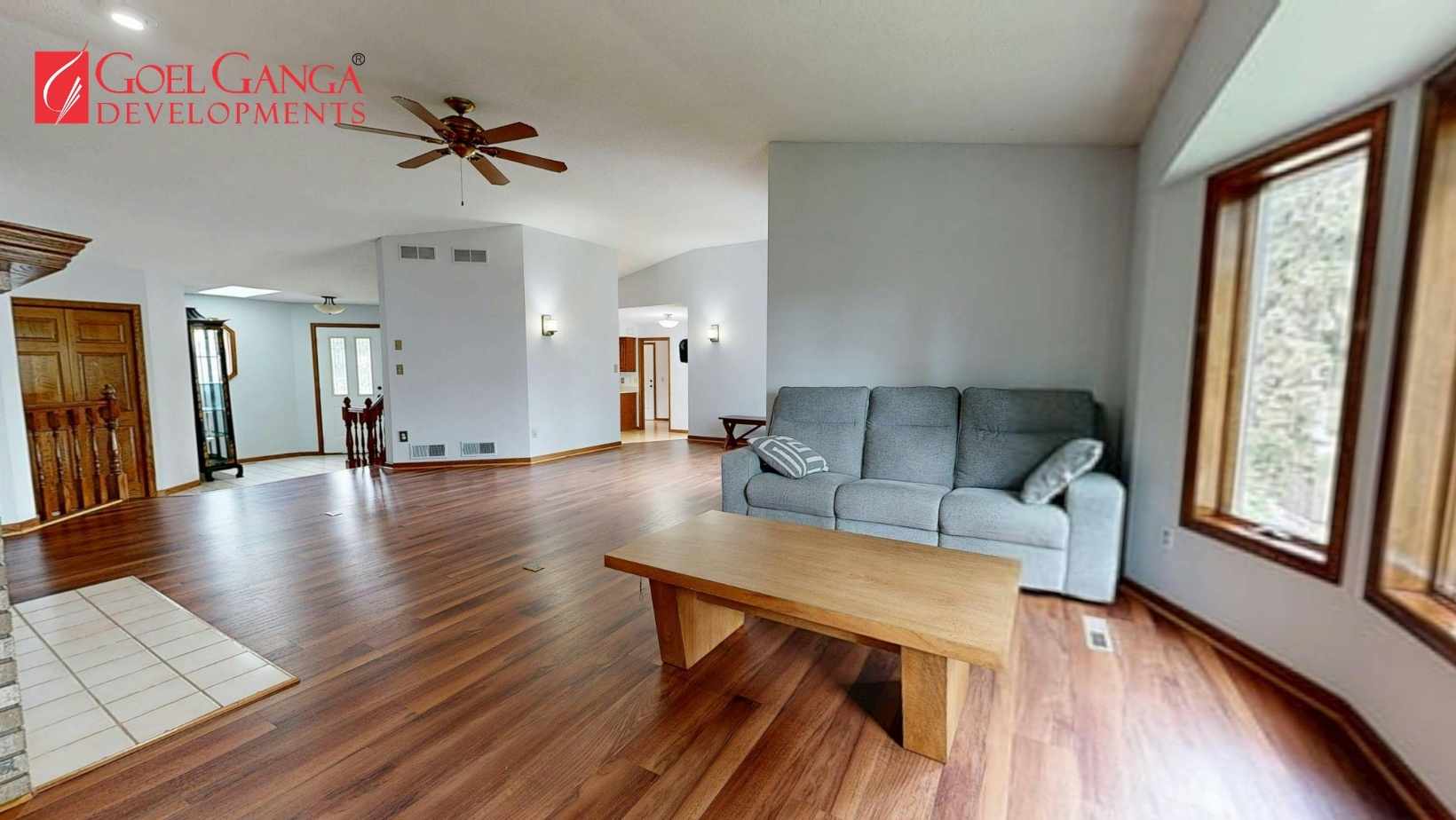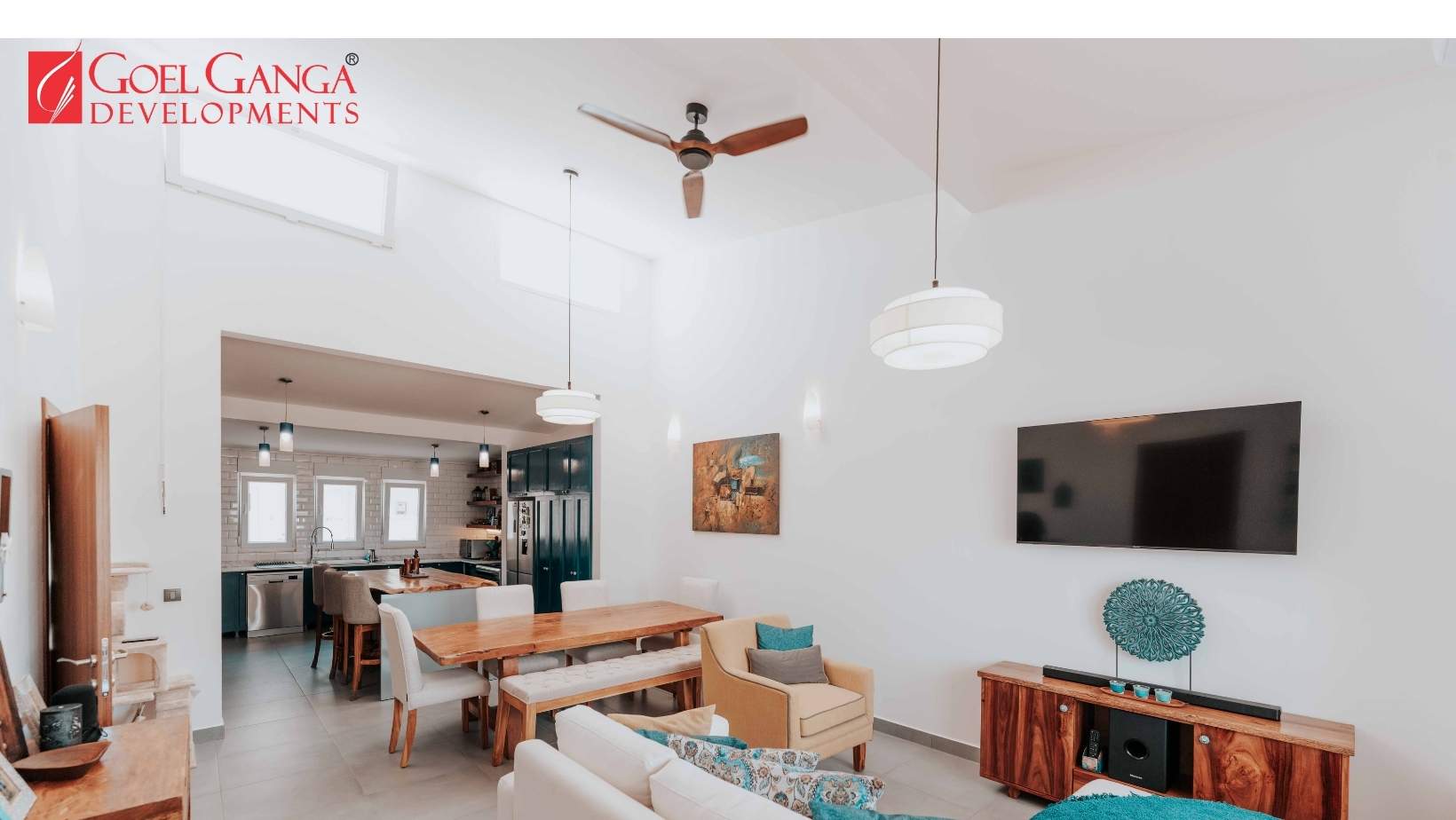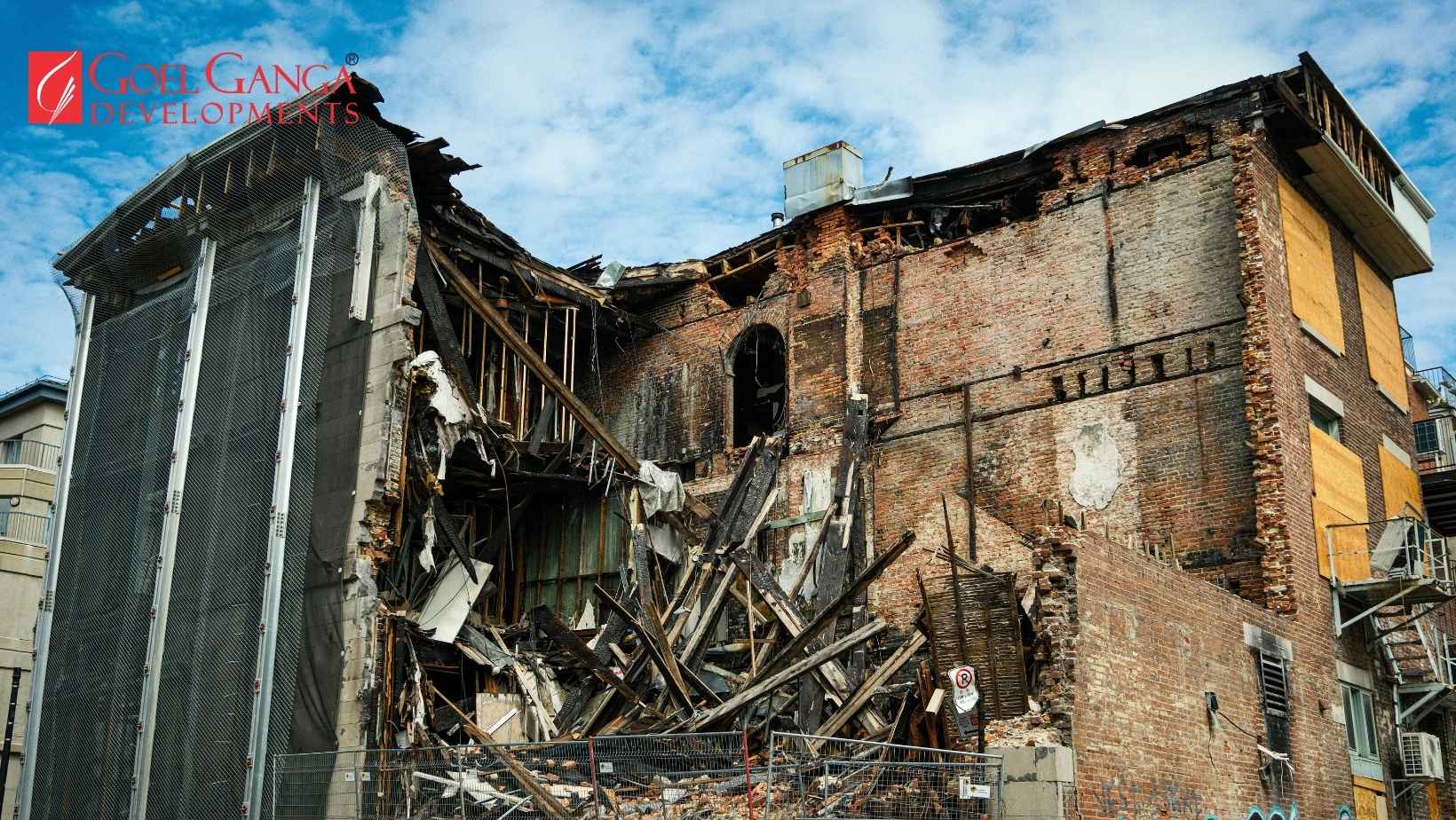Goods and services tax (GST) in India is an indirect tax which replaced many indirect taxes like excise duty, VAT, services tax, etc. The GST act was passed on 29th March in the parliament and came into effect on 1st July 2017.
As per the 47th GST Council Meeting GST is now applicable at 18 % on rented residential property if tenant is registered under GST and has a GST no. One can’t deny that the goods and services tax law has comprehensive multiple stages in India. For that matter, GST is now a single domestic indirect tax law for the entire country and now there will 18% tax applicable on rental properties.
- The real estate industry in India, contributes up to 7.8% of GDP and is the second largest employment generator. When it comes to the real estate sector, GST brings transparency to its functioning.
- Real estate sector has always experienced several changes because of economic changes in the country. This time under the new goods and services tax (GST) rules, a tax of 18 % is now applicable to all al residential properties. The tax will be charged according to the reverse charge mechanism (RCM), according to which the tenant is liable to the GST.
- All the salaried Individuals who have taken home on rent or lease, will not be required to pay the 18% GST. Because, as per the new rules only the person or company which has completed the GST registration have to pay the tax.
Table of Contents
ToggleGST Registration
- As per new GST rules, if a person or company earns more than the set threshold limit per annum, they have to be registered under GST.
- The threshold for individual service providers, like business consultants, is Rs 20 lakh per annum. And for the businesses that make money by selling products, the threshold is Rs 40 lakh per annum.
- But the same threshold limit is set at 20 lakh in the northeastern states.
New GST rules for rent
- As per the new GST rules, if a service provider with an aggregate income of more than Rs 20 lakh per annum or a business with aggregate income by selling products of more than 40 lakh per annum rents a house, they’ll be liable under GST rules to pay the 18 per cent tax.
- But for the same, the individuals or company has to be registered under GST for the same.
- Also, as per the reports, if a company offers a home to their employees and the home is on rent then there will be no requirement to pay any GST.
- On the other hand if both the parties the tenant and the owner are not registered then there will be no legal obligation to pay any GST on rent.
Affect on the residential market
- The new GST rule on rental properties may hinder the expansion of rental real estate in India by increasing the tax burden on businesses that rent out residential properties which can be used as accommodation for their employees.
- The fact in this change in GST is to harm businesses and GST-registered individuals, but it does not affect those whose rental transactions fall below the threshold.
The GST Ambit
- With the new 18% GST amendment, the lessee who takes residential properties on rent for purposes such as guest houses or to provide residential stay to employees would be subjected to tax as the rentals to the government of India while filing the returns.
Note: The real estate rental 18% GST depends from situation to situation and based on the respective case.
If the builder accommodates tenants of redevelopment projects in privately rented flats, the builders have to bear the 18% GST is questionable. For that matter, stakeholders believe the notification has to be studied properly to understand its implications accordingly.











1 thought on “As per the 47th GST Council Meeting GST is now applicable at 18 % on rented residential property”
Pingback: All You Need To Know About Society Maintenance Charges